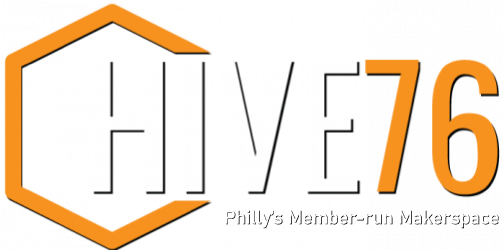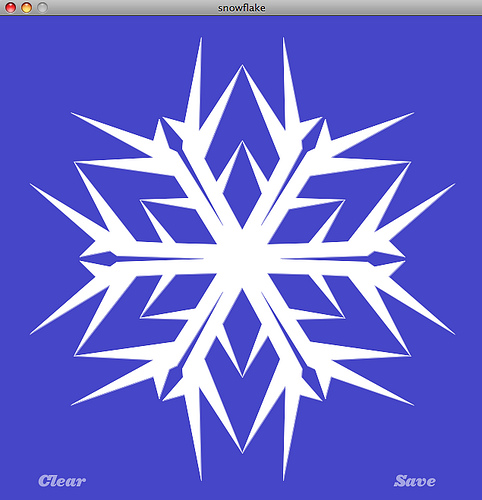Following up on suggestions from the board meeting to look at Stripe for charging member dues, I found a couple Rails tutorials and deployed via Heroku… it works with a few lines of (rails) code! The reason to maybe not use “gravity forms + stripe” just yet is because I think it is $200/yr — you need a Gravity Forms Developer License according to:
http://www.gravityforms.com/add-ons/
Yikes. Is that right? Different sites report different $$ so until someone at Hive tries it we may never know!
Well, we can just make our own embedded form, and Stripe can also deal with subscriptions painlessly, apparently. Try it with the herokuapp link below:
*****WARNING: it will actually charge your CC $1. I promise to deposit it back to Hive*********
http://members-hive76.herokuapp.com/
Heroku is great, you deploy via github so we could also make the forms public (our private Stripe key is configured only in heroku and is NOT in the github repo). Here’s the rails app on github so we can collaborate; I put all the details for how I did this in the README.md:
https://github.com/jmil/member-dues
Thoughts?
Some more to think about:
1) Let’s make a member application fee of $1.00. This will ensure prospective members have Stripe setup BEFORE they become a member! Much better than if they are voted in but never actually pay…!
2) I think we should charge the Stripe fees *to the member*. This way we have dependable operational costs. You can see attached that a $5 charge results in only a $4.55 net gain because of the stripe fees, but this is still low cost and dependable for now (Stripe charges 2.9% + $0.30 per transaction). So we would need to charge users fee*1.029 + $0.30 (rounding up by cents; Stripe only charges whole cents) for each fee we designate. Then if Stripe changes fees in the future we just update this amount and Hive still has dependable operational costs.
3) Stripe is nice! Your CC will properly process whatever we write into stripe, here’s how it shows up on my card statement:

4) Right now funds get deposited into my personal checking account (!!) since I don’t have the Hive76 bank account number. Does someone want to give me that? Or I can coordinate this with the treasurer. Again, I promise to deposit your test charges back to Hive.
5) Obviously it needs beautification, choice between member rates, a way to subscribe, etc. But that’s all optimization for later, this rapid hack was about feasibility. It’s feasible to use stripe!
Here’s what you see in the Stripe Dashboard:







